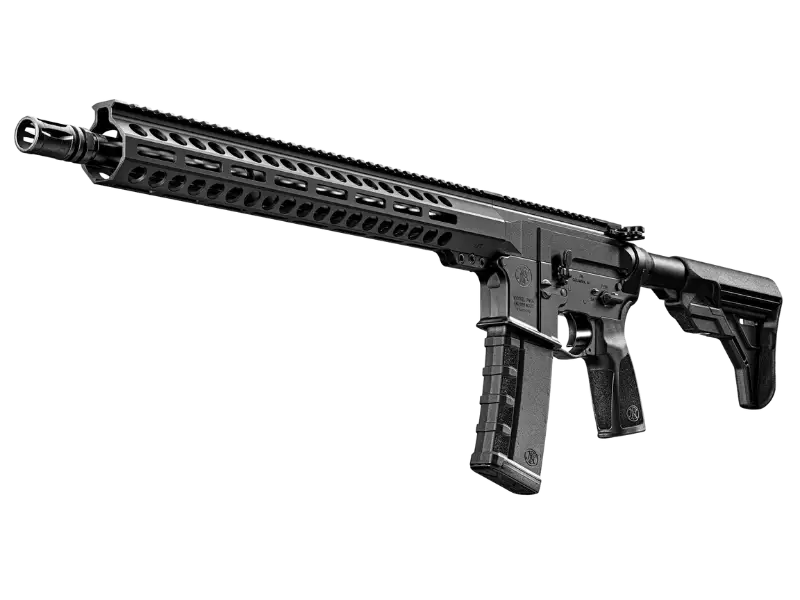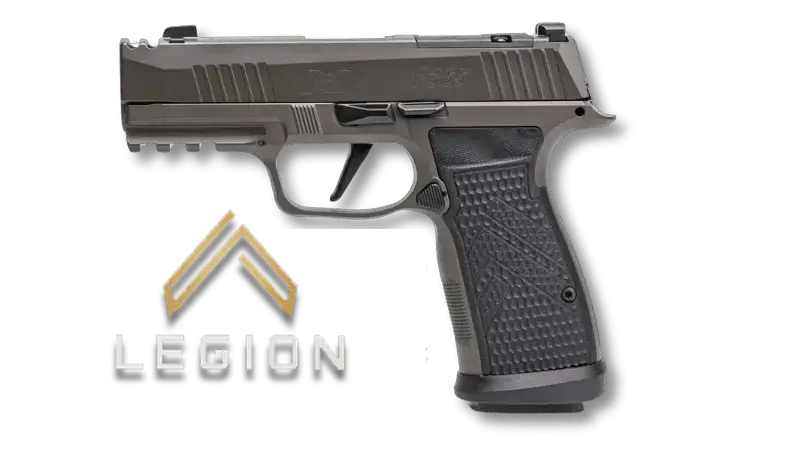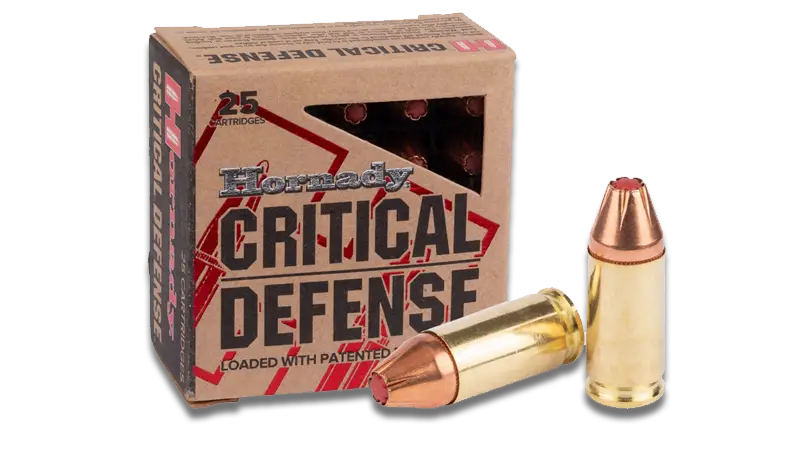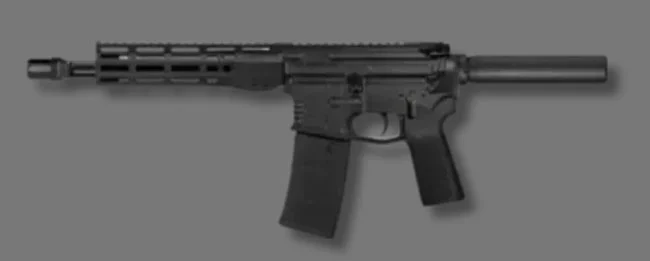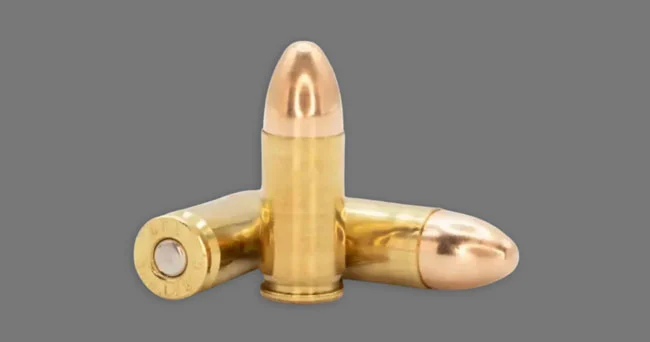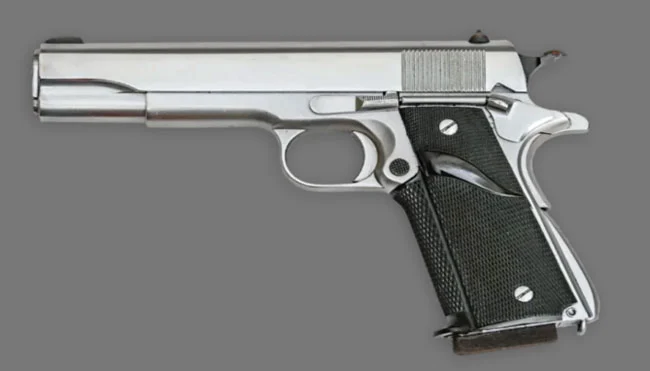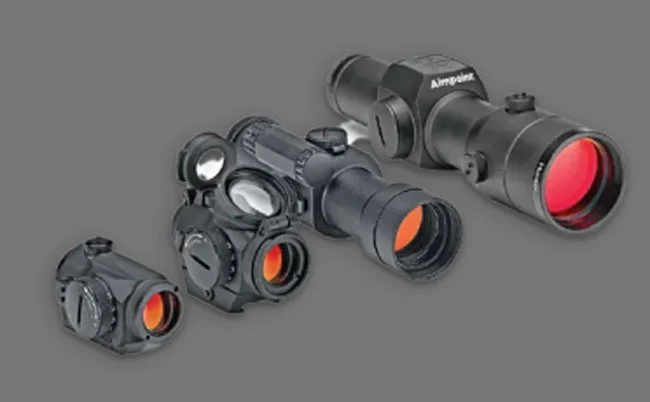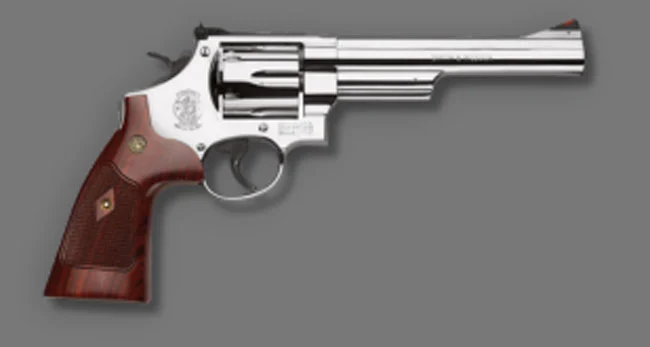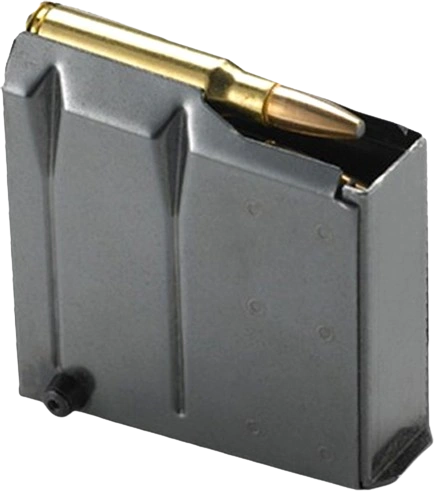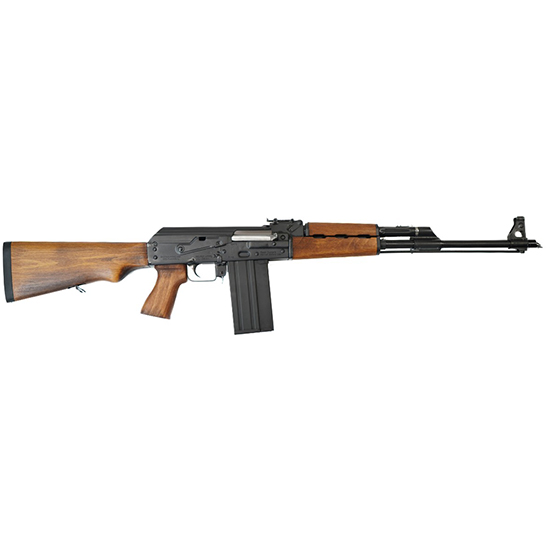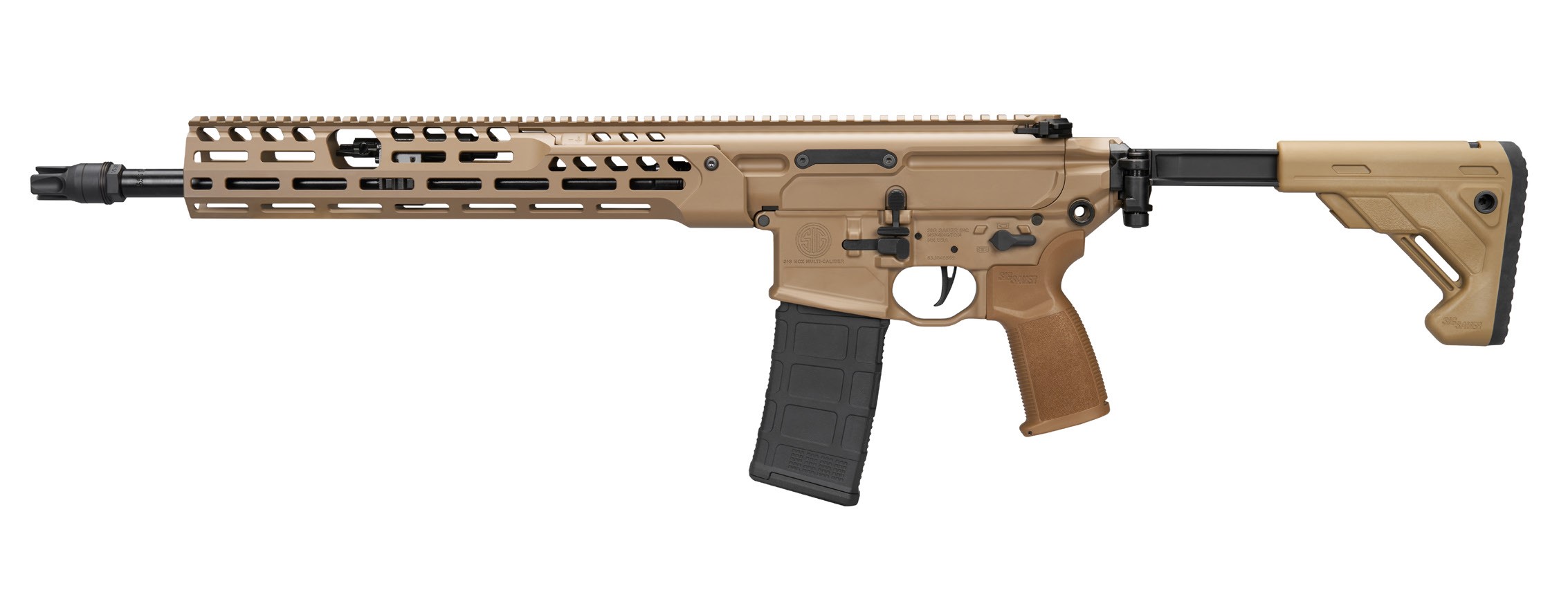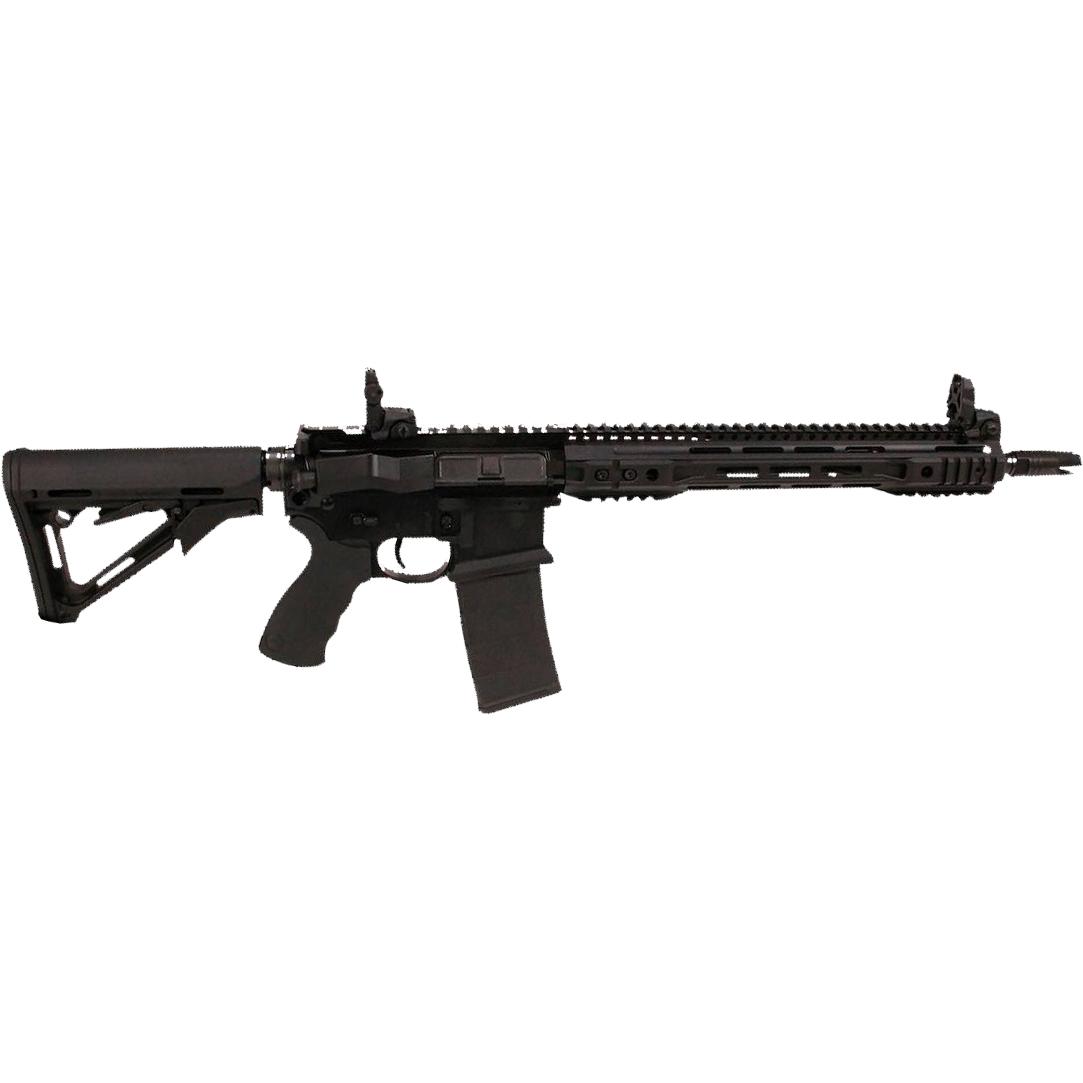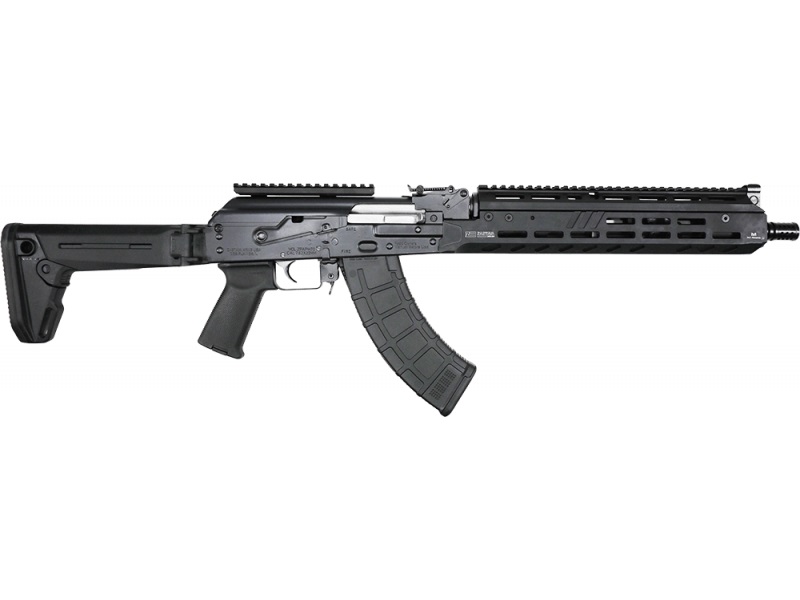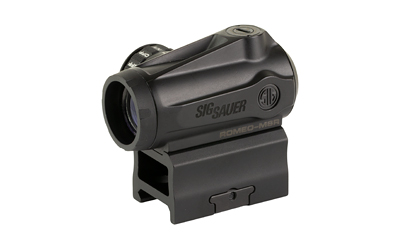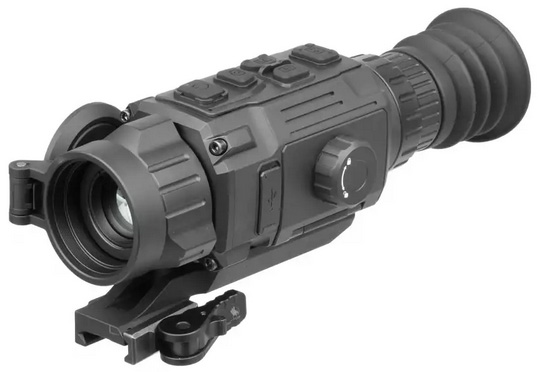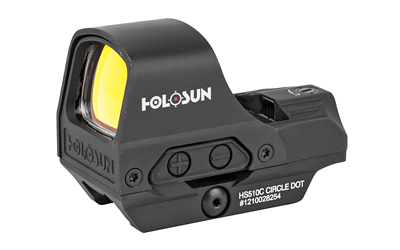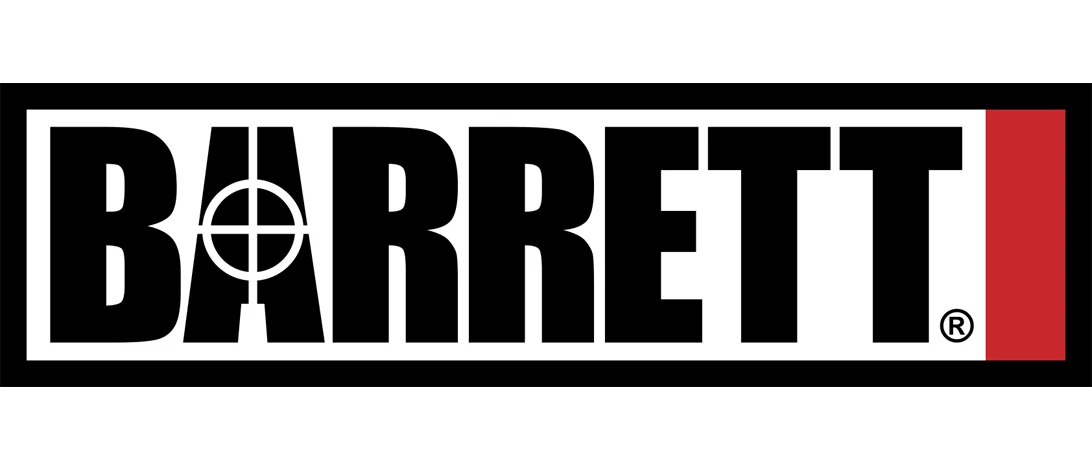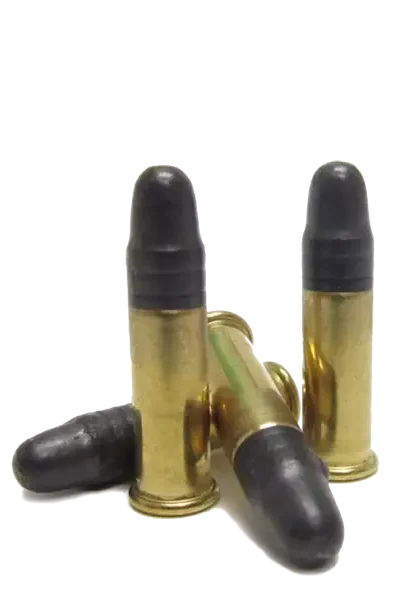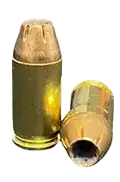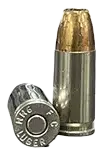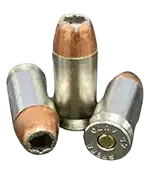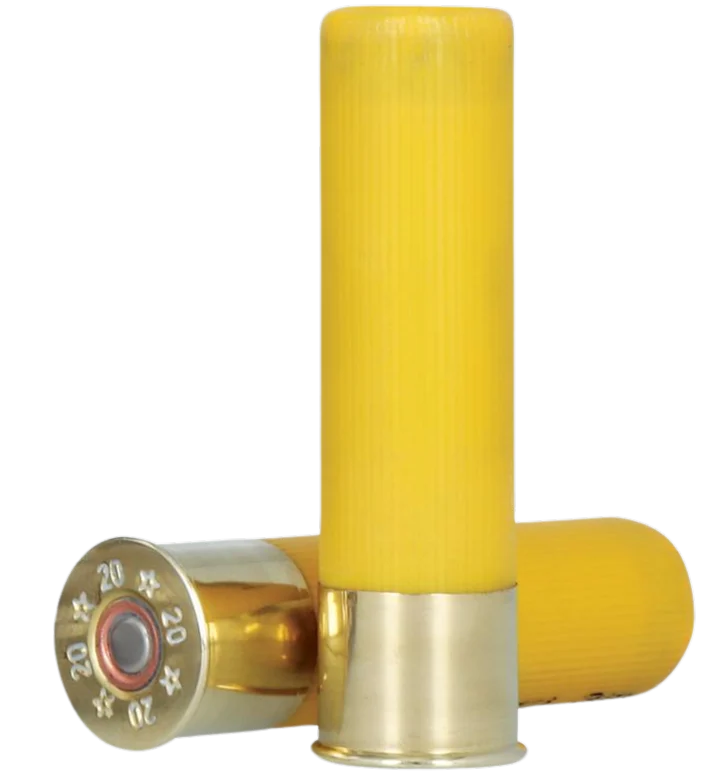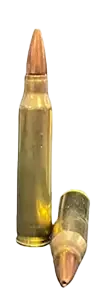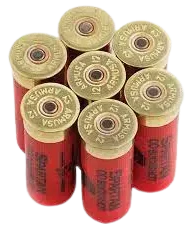Featured Categories
Featured Rifles
What We Stand For
Armed In Michigan is a family owned and operated business, with locations in Westland and Highland. We offer customers a curated selection of +1,000 firearms at competitive prices, the ability to buy and/or sell firearms, CPL classes, holsters, apparel, and other accessories. Whether you’re a first-time firearm buyer or a seasoned industry professional, we guarantee a best-in-class experience that caters to every type of customer.
Read MoreFeatured Optics
Featured Brands
Testimonials
From our Blog
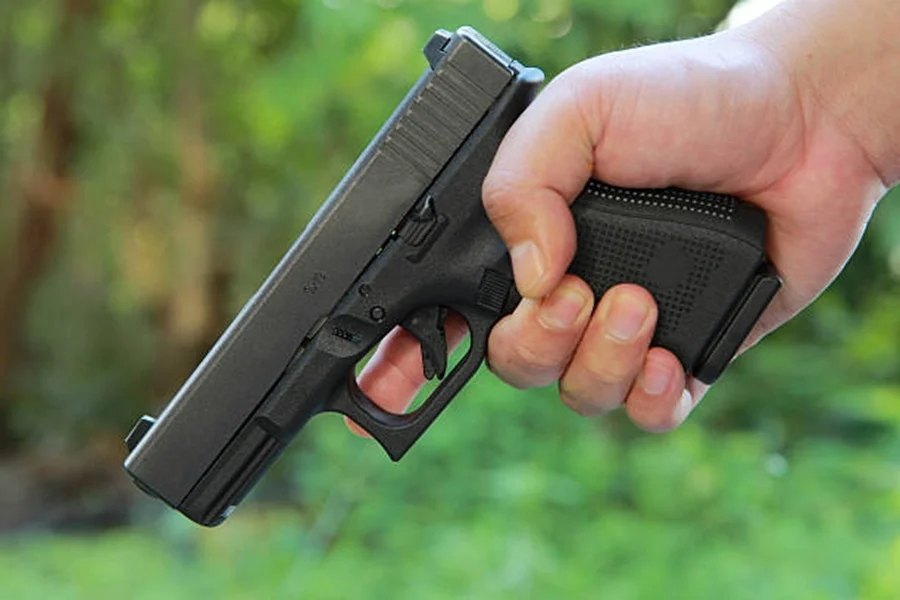
Best Compact 9mm Handguns
When it comes to personal defense or concealed carry, compact 9mm handguns are among the most popular choices for firearm enthusiasts and responsible gun owners.
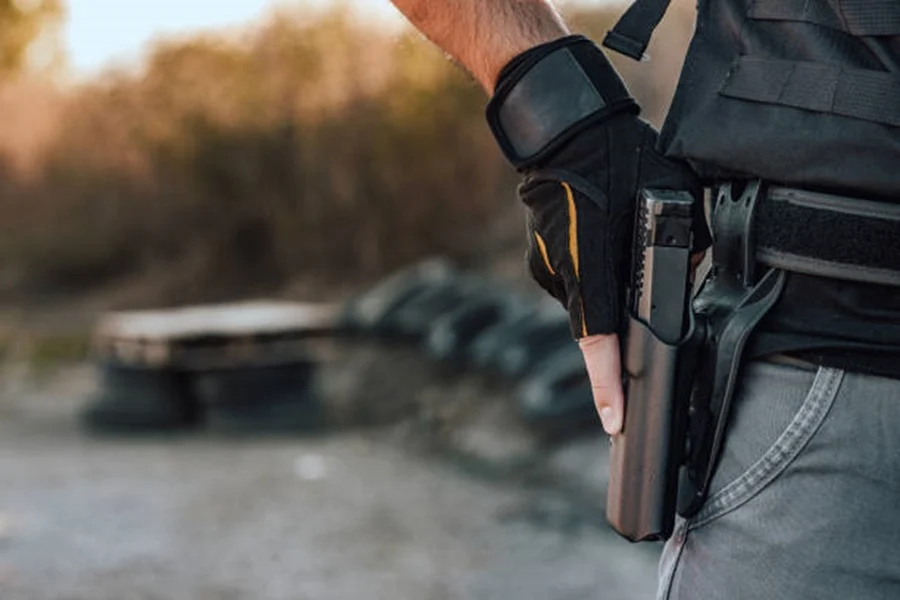
Best Gun Belts: Concealed Carry, Range, & Battle [Tested]
When it comes to carrying firearms securely and comfortably, choosing the right gun belt is crucial. Whether you're looking for a belt for concealed carry,

Best Pistol Red Dot Sights [Real-Views + Video]
Finding the best red dot sight for your pistol is crucial for accuracy, quick target acquisition, and improved shooting performance. Whether you’re an experienced marksman
Contact Us
Comprehensive Guide to Opening a Gun Shop in Allen Park, MI: Legal Requirements and Setup
Opening a gun store requires careful planning, compliance with strict legal requirements, and a clear understanding of the responsibilities involved. The firearms industry is heavily regulated, and ensuring you meet all necessary criteria can make the difference between a successful launch and significant legal or financial setbacks. Below is a step-by-step guide to help you navigate the process.
Exploring Federal Firearms Licensing (FFL) at Handgun Stores in Allen Park, MI
The Finding Federal Firearms License (FFL) Gun Stores Around Me is mandatory for any business engaged in manufacturing, distributing, or selling firearms in the United States. Without this license, operating a gun store is illegal.
1.Meet Eligibility Requirements:
– Be at least 21 years old.
– Maintain a clean criminal record free of felony convictions or domestic violence offenses.
– Be a U. S. citizen or permanent resident.- Complete ATF Form 7:
Submit an application through ATF Form 7 (Application for Federal Firearms License). Ensure accuracy and completeness when filling out this document. - Pay the Fee:
The initial licensing fee ranges from $30 to $200 depending on the type of FFL you’re applying for. - Pass an ATF Inspection:
Once your application is submitted, expect an in-person visit from the Bureau of Alcohol, Tobacco, Firearms and Explosives (ATF). They will inspect your premises and discuss regulations to ensure compliance. - Maintain Compliance:
Following approval, consistent adherence to record-keeping requirements and firearm laws is imperative.
Licensing and Permits for Retail Gun Stores in Allen Park, MI
Each state has its own regulations governing gun sales in addition to federal requirements.
- Business Licenses:Ensure your gun shop has general business licensure mandated by local jurisdictions.
- Firearm-Specific Permits:Some states require additional permits specific to firearms dealers.
- Background Check Systems Compliance:States like California have their own databases for conducting firearm background checks beyond federal guidelines.
Check with your local government agencies for specific requirements in your area.
Find a Trusted Gun Dealer in Allen Park, MI
- Confirm that your intended location complies with local zoning laws that permit firearm sales.
- Maintain proper security measures such as surveillance systems, vaults/safes for inventories, and alarm systems as required by law enforcement agencies.
- If possible, select high-traffic areas close to related businesses such as shooting ranges or outdoor equipment stores.
Security Requirement Description CCTV Surveillance Install cameras covering all entry points and sales areas Secure Storage Use safes or reinforced steel cabinets for firearm storage Alarm Systems Have intrusion alarms directly linked to local authorities Optimizing Inventory Management for Guns for Sale in Allen Park, MI
Efficiently managing inventory ensures both regulatory compliance and smooth operation of your store:
– Keep meticulous records of all incoming shipments using bound books approved by ATF standards. – Implement software solutions tailored for tracking firearms inventory. – Regularly perform audits against physical stock versus logged inventory data.Understanding Liability Insurance Coverage for Your Local Gun Store in Allen Park, MI
Firearm-related businesses face unique risks that must be mitigated through comprehensive insurance policies: 1. General liability insurance protects against common risks like customer injuries on premises. 2. Product liability coverage addresses potential lawsuits stemming from defective guns sold at your store. 3. Property insurance covers damage caused by accidents like fires or thefts impacting inventory.
How to Build Relationships with Vendors to Buy Guns in Allen Park, MI
To keep shelves stocked with quality products at competitive prices: – Partner with reputable manufacturers or distributors. – Attend trade shows focused on firearm products where vendor connections can be made. – Negotiate terms related specifically toward small-business needs like flexible payment schedules or minimum order quantities.
By adhering closely to these steps while maintaining high ethical standards across operations ensures credibility within this highly regulated industry while fostering opportunities long-term profitability without jeopardy.
How to Open the Best Gun Store in Allen Park, MI: Licenses and Permits You Need
Opening a gun store is a highly regulated process that requires strict compliance with federal, state, and local laws. Securing the necessary licenses and permits is not only a legal requirement but also ensures the legitimacy of your business. Below is a comprehensive guide to understanding the essential licenses and permits needed to start your gun store.
Federal Firearms License (FFL)
The Federal Firearms License (FFL) is the cornerstone of any gun store’s legal requirements in the United States. Without an FFL, it is illegal to sell firearms or ammunition. The Bureau of Alcohol, Tobacco, Firearms, and Explosives (ATF) issues this license.
Key Points About FFL: – Application Process:Submit ATF Form 7 (or Form 7CR for collectors) along with the application fee.Cost:Fees range from $30 to $200 for initial licensing depending on license type; renewal fees apply every three years.Eligibility Requirements:– Be at least 21 years old. – No felony convictions or disqualifying criminal record. – Comply with zoning laws for your business location.Inspection by ATF:Applicants must pass an on-site inspection by ATF officials before approval.
Failure to obtain or renew an FFL can result in severe penalties, including fines or imprisonment.
Finding the Right State-Level Licenses and Permits for a Gun Store Near Me
In addition to federal requirements, most states impose their own regulations on firearm sales. These vary widely based on where you plan to operate your gun store.
Common State-Level Licenses May Include:1.State Firearms Dealer License:Some states require this certification in addition to the FFL. 2.Business Operating License:Specific localities may mandate general business registration before firearm-related activities can commence. 3.Sales Tax Permit:Required for collecting sales tax from customers.
Examples by State: | State | Additional Permit Needed | Notes | |——————-|——————————————-|——————————————| | California | Certificate of Eligibility (COE) | Extensive background checks required | | Illinois | Firearm Owner ID (FOID) Dealer Certification | Strict reporting obligations enforced | | Texas | No state-specific firearm dealer permits | Local zoning laws still apply |
Always consult state-specific authorities for up-to-date requirements.
Zoning Approval and Business Permits for Gun Shops Near Me
Before finalizing your location, confirm that your business complies with local zoning ordinances regarding firearm sales. Many municipalities impose restrictions on opening gun stores near schools, parks, or residential areas.
Steps to Ensure Compliance:– Reach out to city or county planning departments for zoning maps and code information. – Obtain conditional use permits if required by local authorities. – Include security measures within plans as some jurisdictions mandate surveillance systems or reinforced storage.
Finding Reliable Background Check Systems for Handguns Near Me
Federal law mandates background checks for all firearm purchases through licensed dealers under the National Instant Criminal Background Check System (NICS). To legally complete sales: 1. Register as a NICS user via the FBI’s system. 2. Train staff on how to perform background checks efficiently while maintaining customer privacy. 3. Maintain detailed records of all transactions as per ATF guidelines.
Additional Considerations for Finding Gun Dealers Near Me
Beyond licenses directly tied to guns: – Secure liability insurance tailored for firearms retailers. – Comply with Occupational Safety and Health Administration (OSHA) standards related to store safety practices if ammunition reloading services are offered onsite.
By obtaining all relevant licenses and ensuring compliance at every level—federal, state, and local—you lay the groundwork for a lawful and successful gun shop operation while protecting both customers’ trust and your business reputation.
Key Licenses and Permits for Gun Dealers in Allen Park, MI to Start Successfully
Starting a gun store involves navigating a complex web of legal requirements, including obtaining the appropriate licenses and permits. Complying with these regulations is essential to operate legally and responsibly. Below, we’ll explore the key licenses and permits required to establish your gun shop successfully.
Finding a Licensed Gunsmith Near Me with an FFL
This license legally allows you to sell firearms, ammunition, and related accessories.
Steps to Obtain an FFL:
– Submit ATF Form 7 for firearm dealers.
– Pay the application fee (ranges from $30 to $200 depending on business type).
– Pass an in-depth background check conducted by ATF.
– Undergo an interview with an ATF Industry Operations Investigator (IOI).Types of FFLs vary depending on your business model (e. g. , selling firearms vs. manufacturing them), so choosing the correct one is critical.
Apart from federal licensing, you must obtain all necessary local business licenses based on your city or county’s requirements. These permits allow you to legally operate a retail establishment within your jurisdiction.
Key Considerations for Business Licenses:
– Zoning laws should permit firearm sales at your chosen location. – Ensure compliance with local ordinances regarding hours of operation and signage. – Renewal schedules for business licenses may vary; track deadlines carefully.Some states require additional licensing specifically for firearm dealers beyond the FFL issued at the federal level.
| State | License Type | Additional Notes | |——————-|——————————————————|——————————————| | California | Certificate of Eligibility + Firearm Dealer License | Strict requirements for dealer oversight | | New York | State Firearms Dealer Permit | Background checks required | | Illinois | Statewide Retailer’s License | Annual training may be mandated |Researching state-specific regulations is vital as failing to comply could result in fines or revocation of your ability to operate.
If your state imposes a sales tax, you will need a sales tax permit or vendor’s license. This ensures that you can collect taxes on all firearm transactions in compliance with state tax laws.
Checklist for Sales Tax Compliance:
– Apply through your state’s Department of Revenue website. – Clearly display tax identification numbers at your storefront. – File periodic tax reports based on state-mandated schedules.Depending on where you’re located, additional permits could come into play:
– Special Use Permits:Required if operating near schools or religious institutions due to zoning restrictions.Environmental Permits:Necessary if dealing with hazardous materials like lead-based ammunition.Import/Export Permits:Needed if dealing with foreign-made firearms or international clients.Why Compliance Matters
Failing to obtain all necessary licenses and permits can lead to severe consequences such as hefty fines, legal battles, or even closure of your business operations permanently. Remaining compliant not only ensures smooth operations but also builds credibility among customers who prioritize safety and legality when purchasing firearms.
By understanding and fulfilling these licensing requirements upfront, you set a strong foundation for successfully launching and running a lawful gun shop business aligned with industry standards.
Discovering the Best Gun Stores in Allen Park, MI: Market Insights and Competitor Analysis
Understanding your target market and analyzing competitors are critical steps to establishing a successful gun store. These insights allow you to develop strategies that cater to customer needs while differentiating your business in a competitive landscape. Below is a breakdown of how to conduct this process effectively.
Identifying Your Target Market
Your target market will define the foundation of your business’s success. It’s essential to understand who your customers are, their preferences, and their purchasing behavior.
Key demographics to consider: – Age: Typically, gun shop customers range from 21 years old (legal purchasing age) to older adults. Different age groups may prefer different types of firearms or accessories.Gender: While traditionally male-dominated, there has been an increase in female firearm owners.Location: Customers in rural areas may prioritize hunting rifles, while urban customers might focus on home defense or concealed carry options.Purpose for Purchase: – Home protection – Hunting – Recreational shooting
By understanding these factors, you can stock inventory that matches the needs of your target audience—for instance, offering beginner-friendly firearms for first-time buyers or advanced equipment for seasoned shooters.
Conducting Competitor Analysis
A thorough competitor analysis helps you identify gaps in the market and opportunities to stand out.
- Identify other gun stores operating in your area.
- Examine their product offerings, pricing strategies, and customer service approaches.
- Review competitor websites and social media profiles.
- Note any promotions or marketing tactics they use successfully.
- Visit competitors’ physical stores as a customer.
- Assess their layout, staff knowledge, and overall experience.
- Evaluate Strengths and Weaknesses Create a table like the one below for clarity:
Competitor Name Strengths Weaknesses XYZ Firearms Large inventory; low prices Average customer service ABC Hunting Supply Knowledgeable staff; niche items Limited hours of operation DEF Tactical Outfitters Strong online presence Higher pricing This analysis helps uncover ways to position your business uniquely such as offering customized services or creating flexible financing options.
Crafting Strategies Based on Insights
- Stocking products tailored to customer interests (concealed carry handguns vs hunting rifles).
- Offering unique services such as firearm safety training courses or maintenance workshops.
- Developing loyalty programs targeting frequent buyers.
- Pricing competitively while maintaining quality standards.
By carefully analyzing the target market and competitors within your area, you’ll create an informed framework that positions your gun store for financial stability and long-term growth.
What Are the Costs and Earnings of Owning One of the Best Gun Shops in Allen Park, MI
Opening a gun shop can be both a fulfilling business venture and a profitable one if managed properly. However, understanding the costs involved and projecting potential earnings is crucial before embarking on this journey. Below is an in-depth breakdown of the key financial considerations.
Initial Costs for Opening a Gun Shop
Starting a gun store requires both upfront investments and ongoing expenses.
- Federal Firearms License (FFL): $200 (initial application, 3 years validity).
- State and local permits: Varies depending on location; typically ranges between $50–$500.
- Background checks for employees (if applicable): $50–$100 per person.
- Monthly rent: $1,500 to $5,000 depending on the size, location, and city.
- Build-out costs (renovations, shelving installations): $10,000 to $30,000.
- Initial firearms stock: $20,000 to $50,000 or more (depending on brand variety and stock size).
- Accessories such as ammunition, holsters, safes: $5,000 to $15,000.
- Alarm systems: $1,500 to $5,000.
- Cameras with recording capabilities: $2,000 to $5,000.
- Secure storage spaces like safes or vaults: Starting at around $3,000.
- Website development: Around $2,500–$7,500.
- Advertising budget for launch campaigns: Approximately $1,500–$10,000.
- Insurance: Business liability insurance tailored for firearm dealers typically costs between $2,000–$4,500 annually.
Cost Component Estimated Range Licensing & Permits ~$250 – ~$700+ Storefront Rent ~$1.5K – ~$5K/mo Inventory ~$25K – ~$65K+ Security Systems ~$6K – ~$13K Marketing ~$1.5K – ~$10K Insurance (annual) ~$2K – ~4.5K
Ongoing Expenses- Employee wages: Average salary per employee ranges between $12–$18/hour, depending on experience level.
- Restocking inventory regularly based on demand trends.
- Utilities like electricity and internet service (~$400–$800/month).
Potential Earnings from Running a Gun Shop
The revenue potential greatly depends on factors such as store location (urban vs rural), target clientele demographics (hunters vs self-defense enthusiasts), product pricing strategy, and marketing efforts.- Firearm Sales
On average: - Profit margin per firearm sold is approximately 15%–25%, although premium brands can yield higher margins.
- Accessory Sales:
Common items like ammunition or safety equipment often have higher margin percentages (30%+) compared to firearms themselves. - Services:
Offering services like gun cleaning or repair can add additional streams of income beyond product sales.
Example Revenue ScenarioRevenue Source Sales Estimate Monthly Revenue (@ Avg Margin) Firearms 20 units @ avg price of $600 each ~($12k x ~20%) = $2.4k+ “Margin there” - Complete ATF Form 7:

